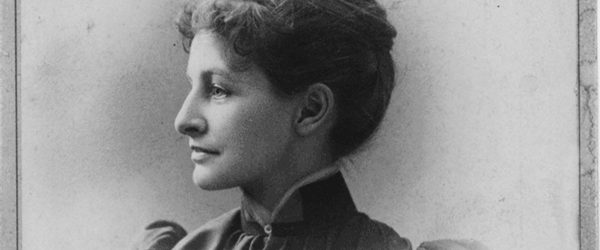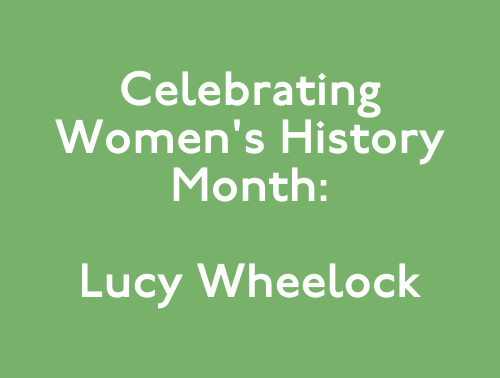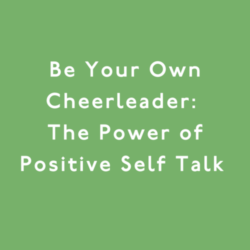During Women’s History Month, we’re celebrating women who were Upstanders in their community and truly transformed our schools. Today we’re talking about Lucy Wheelock, a pioneer advocating for early childhood education in schools.

“Plant in the land of children whatever you wish to see in the life of our times.”
The early years of life are critical to a child’s development. Children’s brains are changing and growing, and the education they receive during these years will profoundly affect their future.
Lucy Wheelock understood that children have unique learning needs and that learning begins at an early age. As an Upstander and educator, she spent her career advocating for young learners and left behind a legacy that ensures that today’s educators have the tools and practices to help children grow.
Who was Lucy Wheelock?
Born on February 1, 1857, in Cambridge, Vermont, Lucy Wheelock was a trailblazing educator, lecturer, writer, and translator whose work has profoundly impacted our current education landscape.
She was a pioneer of early childhood education (ECE) who made it her life’s work to spread awareness of the importance of teaching young children. She spent 10 years teaching kindergarten at the Chauncy-Hall School in Boston. During that time, she became a committed advocate for the methods of German educator and theorist Friedrich Fröbel, the creator of kindergarten. She would learn to read and write in German and Greek, skills that she would call on throughout her career as an author and translator.
In 1888, she established the Wheelock Kindergarten Training School, known today as the namesake of Boston University’s college of education, BU Wheelock.
In her career, Lucy Wheelock wrote dozens of collections of children’s stories, educational papers, and translations from German on subjects related to education.
Lucy Wheelock’s Lasting Impact on SEL
Lucy Wheelock’s enthusiastic advocacy for kindergarten and early childhood education is still with us today. Her keen early identification of the unique needs of young learners can be seen in modern approaches to social emotional learning.
Young learners come into pre-K and kindergarten at a crucial developmental point. They need to learn their basic academics – reading, writing, math – but to fully develop, they need to learn skills that nurture their social and emotional growth. Skills like self-awareness, self-management, social awareness, relationship skills, and decision-making are critical building blocks for young learners’ foundations. Getting students started early puts them on the path to success.
While early childhood education initially emerged as a popular field of study in 19th-century Europe, Lucy Wheelock’s work as a teacher, lecturer, and advocate helped bring the practice to American schools. We can thank her for kindergarten and the school-day nap time many of us enjoyed as young students. We continue her work today, striving to ensure that all students receive a well-rounded education early in life.
As we celebrate the impact of influential women leaders in education this month, we give gratitude for Lucy Wheelock. Join our friend Lauren for a deep breath of gratitude for her work, impact, and ever-growing legacy.
How are you celebrating Women’s History Month? Share this article on social media to celebrate Lucy Wheelock, and let us know who else you are learning about this month!










